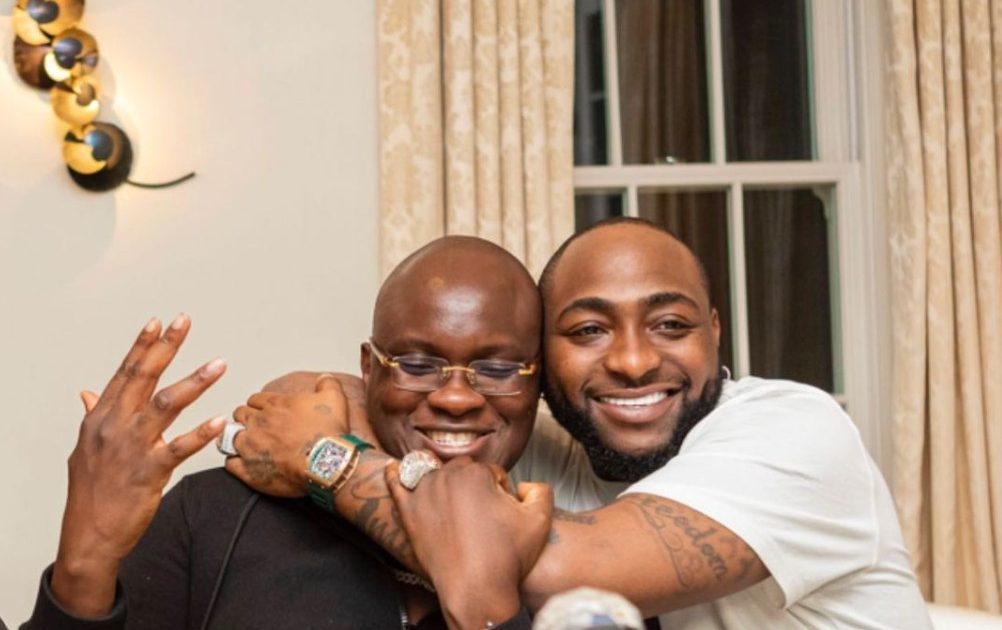Pastor Tobi Adegboyega, the founder of SPAC Nation, has sparked controversy with his unconventional definition of “gospel music” and his preference for secular artists over traditional gospel singers at his events. Adegboyega argues that “gospel” simply translates to “good news” and that any artist spreading positivity or uplifting messages, regardless of genre, can be considered a gospel artist. He cites popular Afrobeats musician Davido as an example, claiming his music carries a message of strength and resilience, thereby qualifying him as a gospel artist under this broadened definition. This perspective has drawn criticism, particularly from within the gospel music community, who see it as a dilution of the genre and a departure from its core spiritual message. Adegboyega’s stance underscores a wider debate about the intersection of faith, music, and entertainment, raising questions about the boundaries of genre and the evolving role of religion in contemporary culture.
Adegboyega’s recent birthday celebration became the focal point of this debate, as the event featured performances by secular artists like Davido and Zlatan Ibile, rather than traditional gospel musicians. The pastor defended his choice by emphasizing the importance of personal relationships, stating that these artists were his friends who offered their performances out of genuine affection and support. He underscored the value he places on loyalty and friendship, suggesting that these personal connections supersede genre classifications or religious expectations. This prioritization of personal relationships over traditional religious norms further fuels the contention surrounding Adegboyega’s approach, highlighting a perceived disconnect between his actions and the expectations of a religious leader.
The pastor’s close relationship with Zlatan Ibile, whom he refers to as his “son,” further demonstrates his embrace of secular figures within his inner circle. This familial connection, extending to Zlatan’s children and parents, showcases Adegboyega’s inclination towards building bridges across societal and cultural divides, regardless of religious affiliation. He argues that prioritizing these genuine connections over adherence to strict religious boundaries allows for greater inclusivity and fosters stronger bonds within his community. However, this approach continues to draw criticism from those who believe a religious leader should maintain a certain distance from secular influences, particularly in public settings.
Adegboyega’s decision to feature secular artists at his birthday also sparked criticism from within the gospel music community. He countered these criticisms by highlighting what he perceived as a lack of genuine connection with gospel artists who were quick to judge him rather than building meaningful relationships. He expressed frustration with the seemingly performative nature of their faith, accusing them of prioritizing public perception over personal connection. This critique exposes a wider tension within the gospel music industry, where the pressure to maintain a certain image can sometimes overshadow genuine spiritual expression.
The pastor’s defiant stance, declaring that his friends, regardless of their profession or religious beliefs, will always have a prominent place in his life and events, reinforces his commitment to prioritizing personal relationships above external expectations. He anticipates future events will continue to feature his diverse circle of friends, indicating his unyielding approach to integrating his personal life with his religious leadership. This firm stance underlines his belief that genuine human connection transcends traditional boundaries and strengthens his community. It also signals a potential shift in how religious leaders engage with popular culture and build relationships beyond their immediate religious circles.
Adegboyega’s approach, while unconventional, raises important questions about the evolving nature of religious communities in the 21st century. His emphasis on personal connection and inclusivity, though controversial, challenges traditional notions of religious leadership and the boundaries of faith. This broader debate touches on the intersection of religion and popular culture, raising questions about the role of religious leaders in embracing contemporary forms of expression and engaging with individuals from diverse backgrounds. Whether seen as a refreshing approach to bridging divides or a concerning departure from established norms, Adegboyega’s actions contribute to a wider conversation about the future of faith and its relationship with the secular world.














